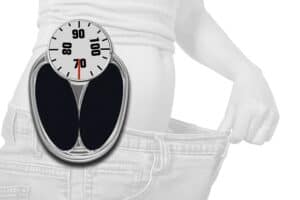Walking for Weight Loss
Losing weight is hard. You have to cut out a lot of the foods you love and exercise for hours on end. It’s no wonder that so many people struggle to lose weight – it’s really tough! But there is another way. Walking for weight loss is free, easy, and fun!
Walking is an incredibly effective way to lose weight, and it’s easy too! All you need is a good pair of walking shoes and some time each day. In as little as 30 minutes, you can start seeing results.

Why is Walking Good for Weight Loss?
Walking is a great form of exercise for people looking to lose weight. It’s low-impact and can be done almost anywhere, making it convenient for many people. According to the Mayo Clinic, “physical activity, such as walking, is important for weight control because it helps you burn calories. If you add 30 minutes of brisk walking to your daily routine, you could burn about 150 more calories a day. Of course, the more you walk and the quicker your pace, the more calories you’ll burn”.
Walking is also free, easy and fun. You can get a great workout without needing any expensive equipment. You don’t even need to leave your home. You can walk everytime there’s a commercial on and burn calories all day!
Also, “a study in the Journal of Exercise Nutrition and Biochemistry showed the positive effects that walking could have on burning fat and reducing waist circumference in obese females. The women walked between 50-70 minutes 3 days per week for a total of 12 weeks. After the study, they found that the study participants lost an average of 1.5% body fat and 1.1 inches around their waists”.
Besides weight loss, walking has numerous health benefits, including reducing the risk of heart disease, stroke, and diabetes. Walking can be an effective way to create a calorie deficit and help shed pounds for individuals looking to lose weight.
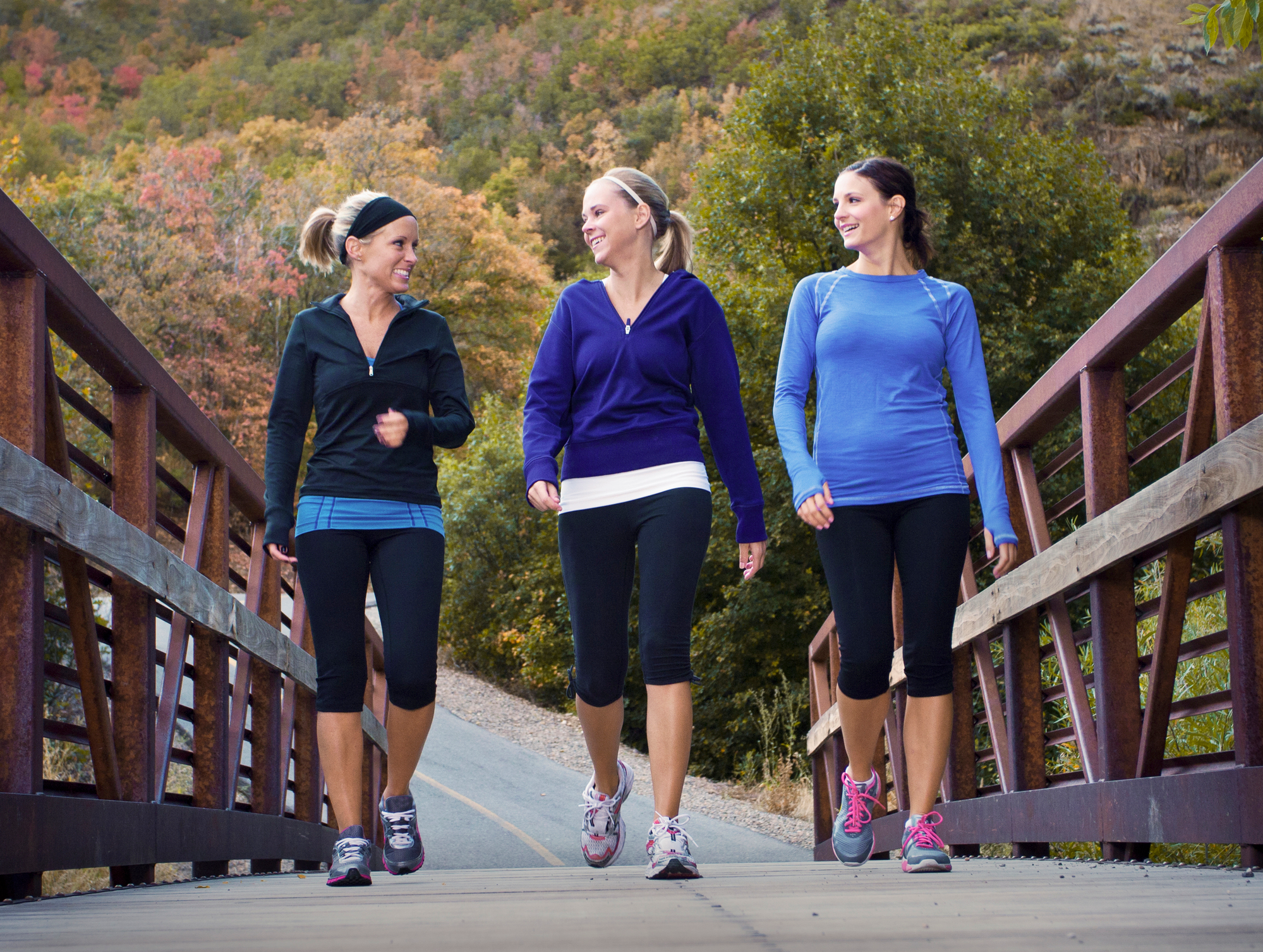
Tips to Keep in Mind
There are a few things to keep in mind when walking for weight loss. First, it is important to walk at a challenging but doable pace; too slow and the exercise won’t be effective, but walking too fast and you may get tired too quickly or risk injury.
Second, be sure to focus on the proper form by keeping your shoulders down and your back straight. Finally, consider adding some hills or inclines into your route to really increase the walking intensity of your walk. This is one way to get the maximum benefit of weight loss.
Aim for 10,000 steps a day. 10,000 steps is approximately 5 miles. This can really speed up your weight loss. You don’t have to get in 10,000 steps all at once. Take a walk before breakfast and another one after dinner. Park farther away from the store entrance and take the stairs instead of the elevator. Make walking regularly a new habit.
Be sure to also wear comfortable shoes and dress for the weather conditions. Dress in layers so you can remove them as you get warmed up.
It is important to stay hydrated when exercising, so be sure to bring water with you on your walk. Walking for 30 minutes most days of the week is a great way to gradually improve your health and lose weight.
Mental & Physical Benefits of Walking
Walking has a number of mental health benefits, including reducing stress, improving mood, and increasing self-esteem. For people looking to lose weight, these benefits can be especially helpful in maintaining motivation and sticking to their goals. Walking can also help clear your mind and provide a much-needed break from the hustle and bustle of daily life
In addition to the mental health benefits, walking also offers a number of physical health benefits. Walking at a moderate pace for 30 minutes a day is associated with a reduced risk of heart disease, stroke, diabetes, and high blood pressure. Walking can also help improve cholesterol levels and reduce the likelihood of developing obesity.
Get the Most Out of Walking
To make sure you’re getting the most out of your walks for weight loss, try to:
- Walk at a pace that is challenging but doesn’t leave you gasping for breath. A brisk pace will ensure that you’re burning the most calories possible.
- Wear a weighted vest. By adding weight, you can ramp up your weight loss. A study by the American Council on Exercise found that people who walked at 2.5 miles per hour (mph) on a flat surface while wearing a weighted vest that weighed 15% of their weight, burned 12% more calories than a person who did not wear a vest.
- Walk for at least 30 minutes each day. This will help you reach your calorie deficit goals.
- Vary your walking routine. A varied routine will keep your workouts interesting and help you avoid plateauing.
- Additionally, it is important to warm up and cool down before and after your walk. A few minutes of light stretching will help prevent injuries and make your workout more effective.
Wear the Right Shoes
When you’re starting a walking routine to lose weight, it’s important to find the right shoes. The most important thing to look for in a comfortable walking shoe is support. You want to make sure your shoes have good arch support and cushioning to protect your feet.
You should look for shoes that are lightweight and breathable. If you’re unsure about which shoes to buy, consult with a shoe specialist or your local running store.
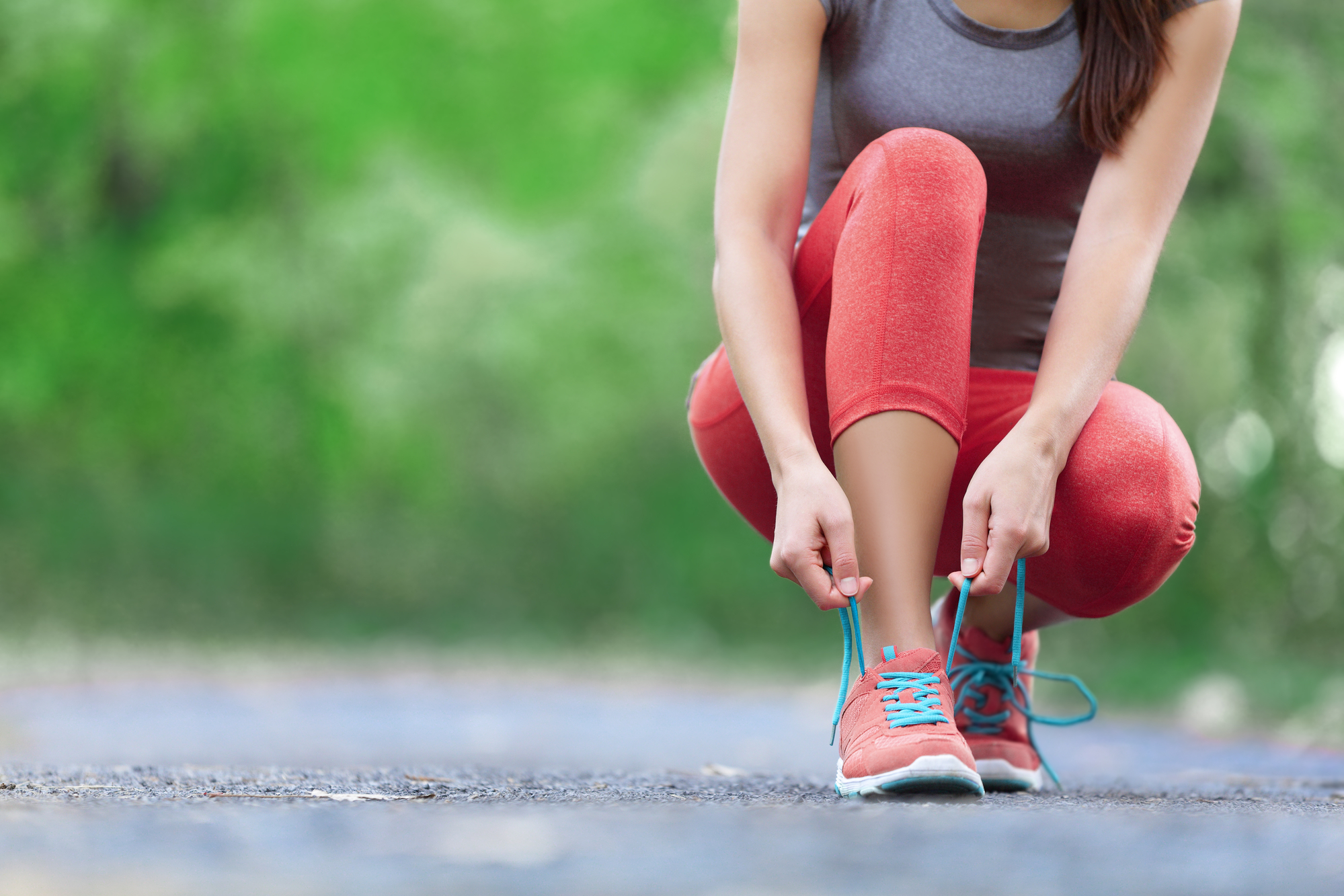
Listen to Music
If your walking program is boring. Try listening to music. Some people find that listening to music helps them stay motivated and walk for longer periods of time.
Studies show that music can help you walk at a faster pace which increases calorie burn. A study on Charles Sturt University’s website, notes that music causes the brain to release dopamine, a brain chemical that assists in regulating motivation and goal-oriented behavior.
However, it’s perfectly acceptable to enjoy the silence and use walking as a time to reflect and clear your mind.
Walk With a Friend
A walking buddy can be a great way to stay accountable and motivated when walking for weight loss. Having someone to walk with you not only makes the time go by faster, but it can also be more fun.
If you don’t have a friend who is interested in walking, consider joining a local walking group or checking out online forums or communities specifically for walkers.
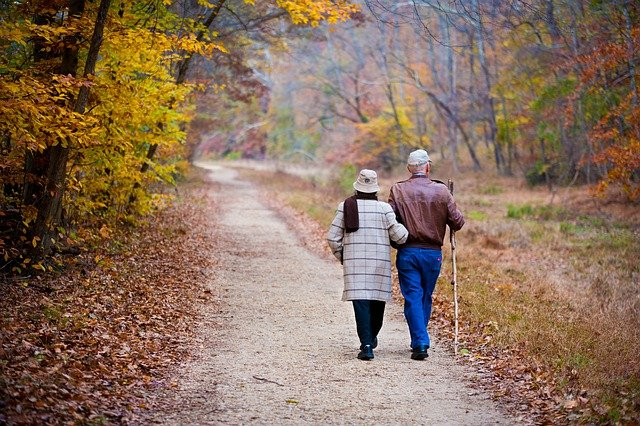
Add Intensity to Your Walking Routine
One way to increase the intensity of your walks and to burn more calories is to add hills or briskly walk for a certain amount of time. You can also try incorporating intervals into your walks, where you alternate between walking and running.
Ultimately, the key to successful weight loss through walking is finding a routine that works for you and sticking with it. Be patient and focus on gradually adding intensity and duration to your walks, and you’ll start seeing results in no time.
Add Resistance to Your Walks
In addition to the intensity and duration of your walks, you can also add resistance to your routine by incorporating exercises like planks and lunges. These exercises help to tone your muscles and burn additional calories, which can lead to weight loss.
If you’re new to resistance training, start with bodyweight exercises and gradually add more weight as you get stronger. You can also try using resistance bands or weighted vests to increase the difficulty of your workouts.
Just like with walking, it’s important to find an exercise routine that works for you and stick with it. Resistance training can be a great way to add variety to your workout routine and help you lose weight faster.
Power Walking
Power walking is a type of walking that is done at a brisk pace and is meant to increase the intensity of your walk. If you’re looking to add more intensity to your walks, try incorporating power walking into your routine.
Power walking is a great way to create a calorie deficit and help shed pounds. Additionally, power walking has numerous health benefits, including reducing the risk of heart disease, stroke, and diabetes. So, if you’re looking to lose weight, power walking is a great option. You’ll start seeing results in no time!
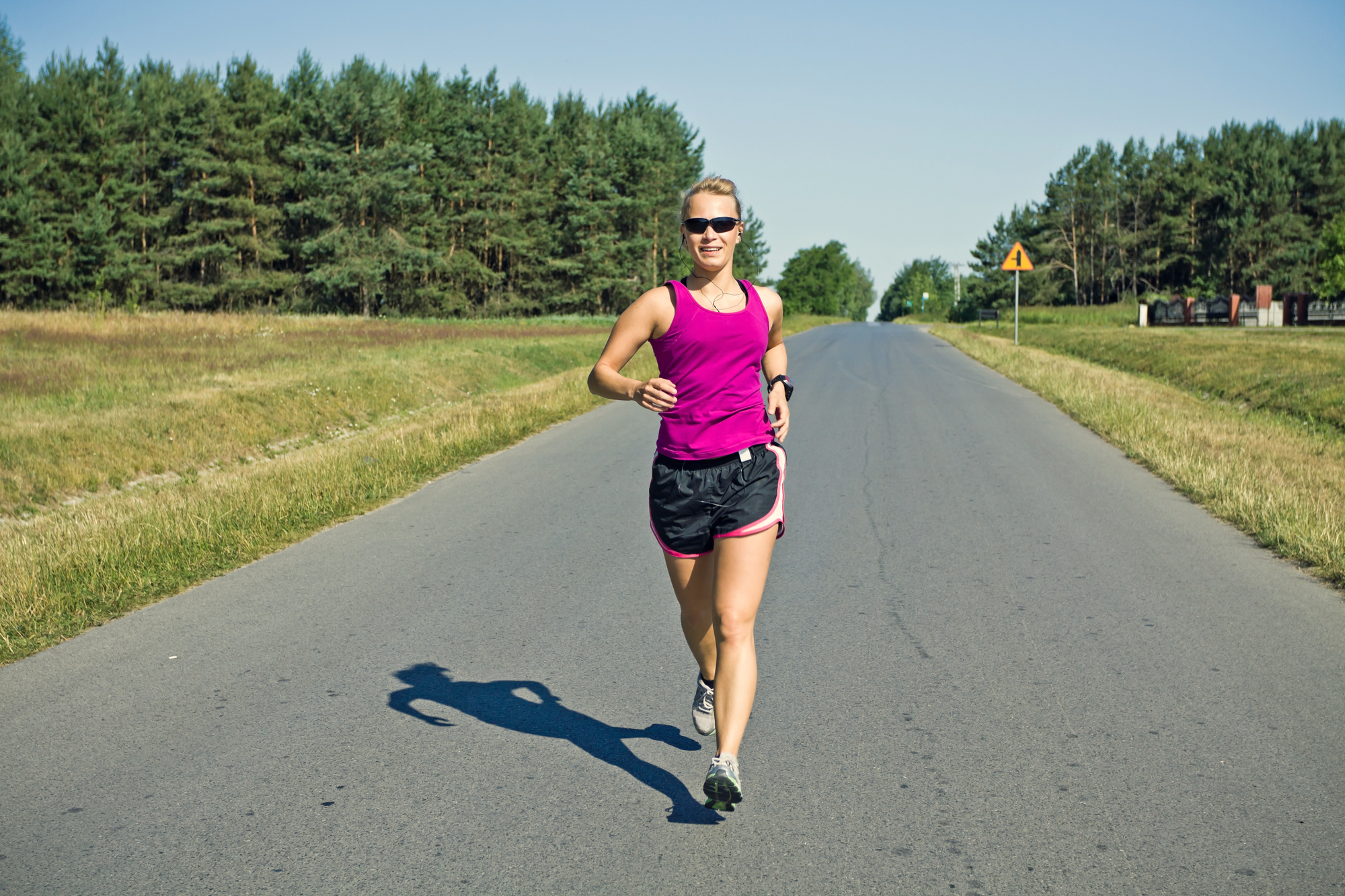
Diet and Walking
There are a few things to keep in mind when walking for weight loss. First, it is important to walk at a pace that is comfortable for you but not too slow. Too slow and the exercise won’t be effective.
Also, it is important to make sure you are getting enough protein and fiber in your diet, as these nutrients can help keep you feeling full after a walk. A healthy diet can help you burn extra calories.
Proper diet and nutrition can speed up your weight loss. You may even consider consulting a registered dietician. Finally, be sure to stay hydrated by drinking plenty of water before, during, and after your walk.
Fitness Trackers
Walking with a fitness tracker is a great way to ensure you are staying on track and getting the most out of your walk. A fitness tracker can help you keep track of your steps, distance, pace, and calories burned.
Many fitness trackers have built-in heart rate monitors which can help you gauge the intensity of your walk. If you’re looking for a fitness tracker, consider the Fitbit Charge 2 or the Garmin Vivoactive HR.
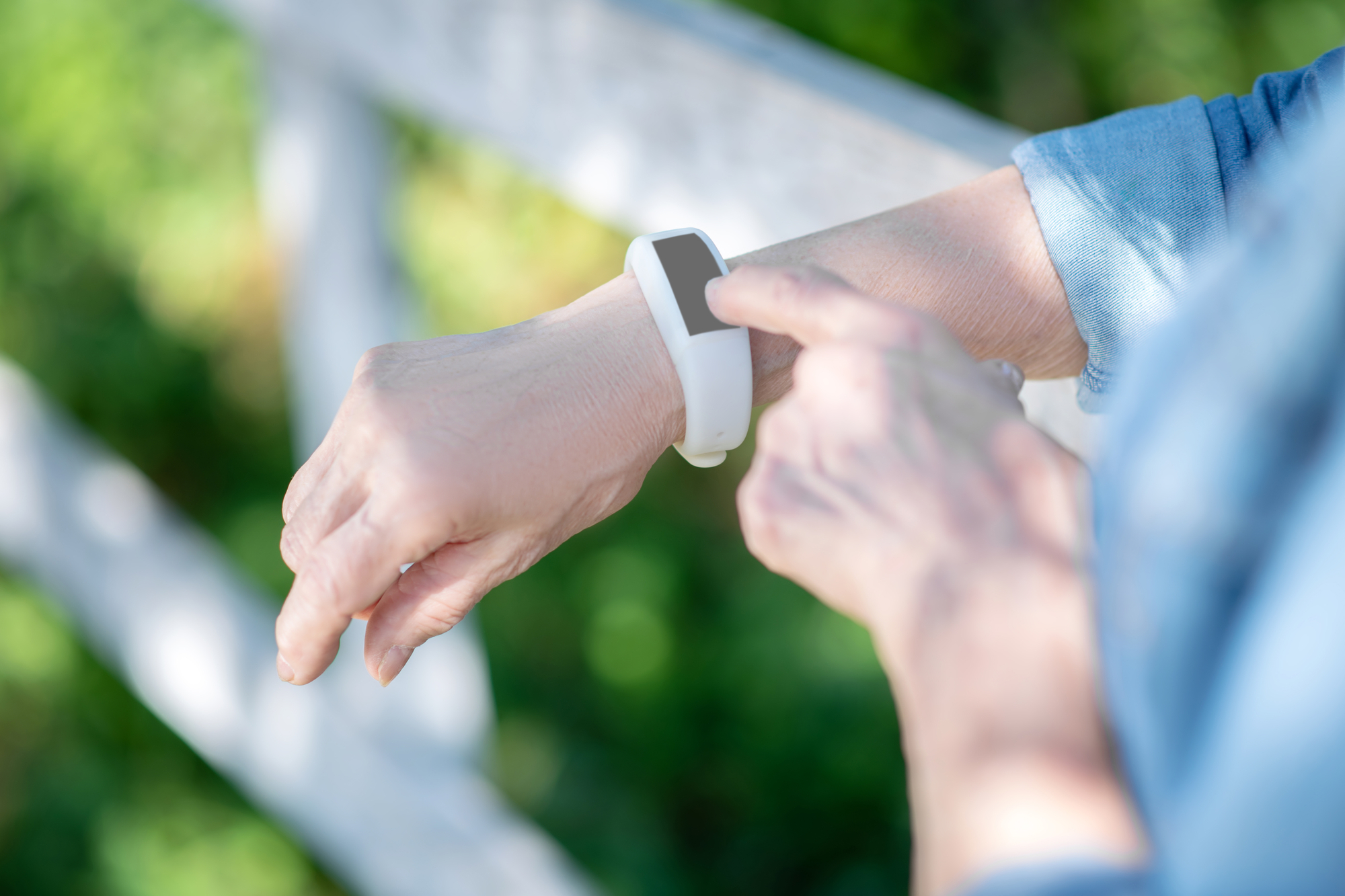
Walking Journal
A walking journal can be a great way to stay motivated and to track your progress when walking for weight loss. In a walking journal, you can record the distance, time, and pace of your walks.
You can track the number of calories burned and list any goals or challenges you are working on. A walking journal is a great way to stay motivated and see your progress over time.
Additionally, a walking journal can be a great way to document your journey and reflect on your successes. If you’re interested in starting a walking journal, consider the following tips:
- Start by recording the date, time, and distance of your walk.
- Next, record the number of calories burned and list any goals or challenges you are working on.
- Finally, reflect on how you felt during your walk and any thoughts or feelings you had.
Best Food to Eat Before Walking
Diet is just as important as exercise when it comes to weight loss. In order to lose weight, it’s important to make sure you’re eating healthy foods that will help you burn calories and shed pounds.
Ideally, you should eat something light before a walk, such as a piece of fruit or a small snack. This will help give you energy for your walk and prevent you from feeling too hungry afterward.
After your walk, it’s important to refuel with a balanced meal that includes protein, healthy carbs, and healthy fats. This will help your body recover from your walk and provide energy for the next one.
Some great post-walk meal ideas include:
- A salmon and vegetable stir fry with brown rice
- A turkey burger with grilled vegetables
- A bowl of quinoa with roasted vegetables
- Greek yogurt with sliced fruit and nuts
- A veggie wrap with hummus
- A smoothie made with protein powder, almond milk, and bananas
Remember, the key to successful weight loss is finding a routine that works for you and sticking with it. So, don’t be afraid to experiment with different foods and meals until you find something that feels right for you.
And, most importantly, have fun! Walking for weight loss can be a great way to improve your health and reach your fitness goals.
Wrap Up
Walking is a great form of exercise for people looking to lose weight. It’s low-impact and can be done almost anywhere, making it a convenient choice for many people.
Additionally, walking has numerous health benefits, including reducing the risk of heart disease, stroke, and diabetes. Walking can be an effective way to create a calorie deficit and help shed pounds for individuals looking to lose weight.
There are a few things to keep in mind when walking for weight loss. Remember, it is important to walk at a pace that is challenging but doable; too slow and the exercise won’t be effective while walking too fast can lead to injury.
Additionally, it is important to focus on your breathing and keep a consistent pace throughout your walk. Finally, you should listen to your body and take breaks as needed.

